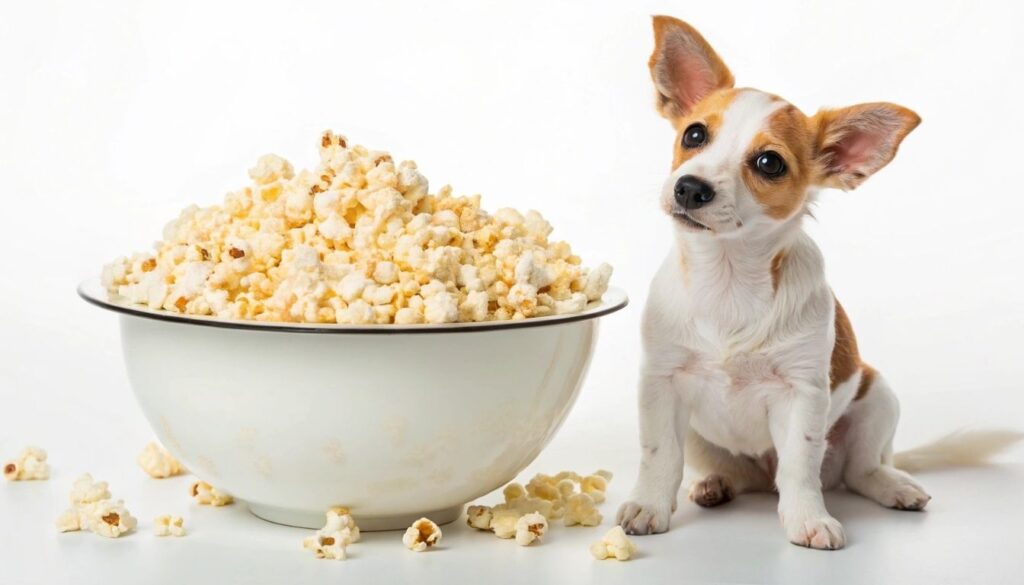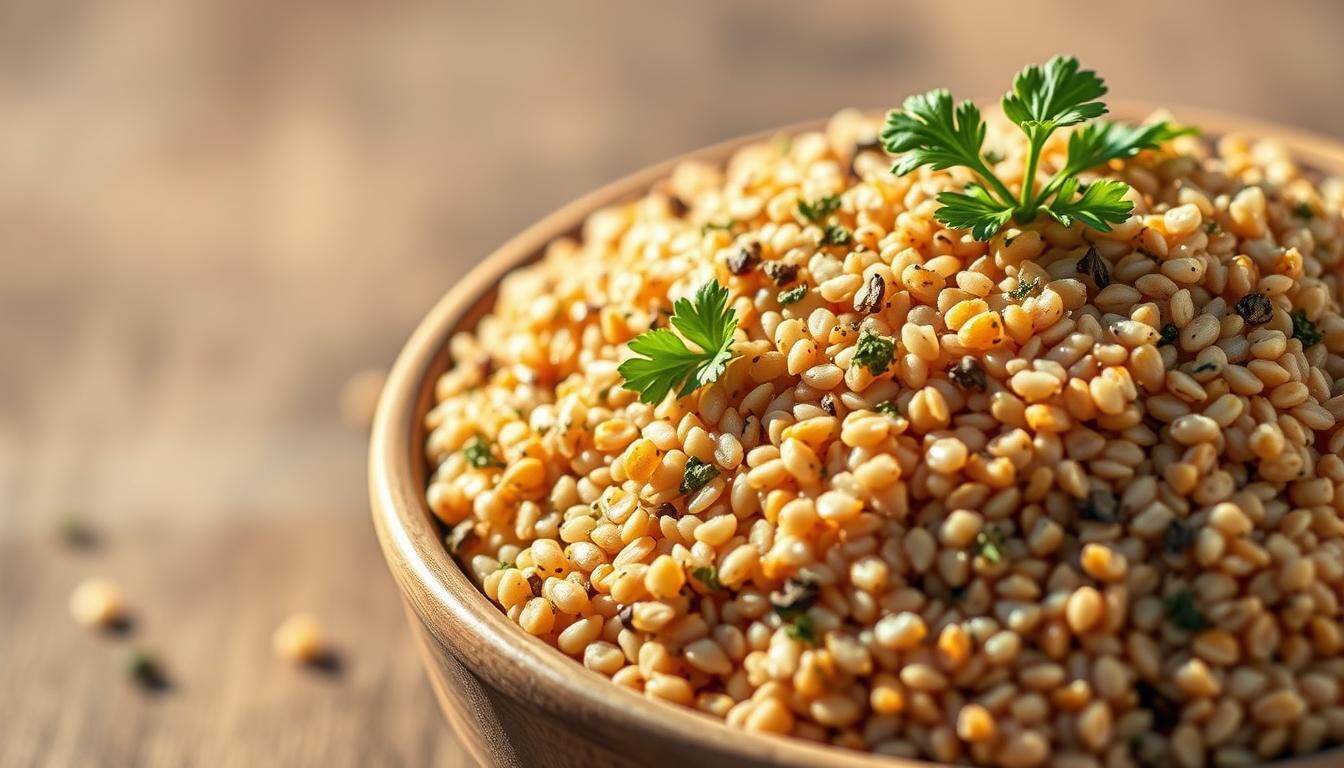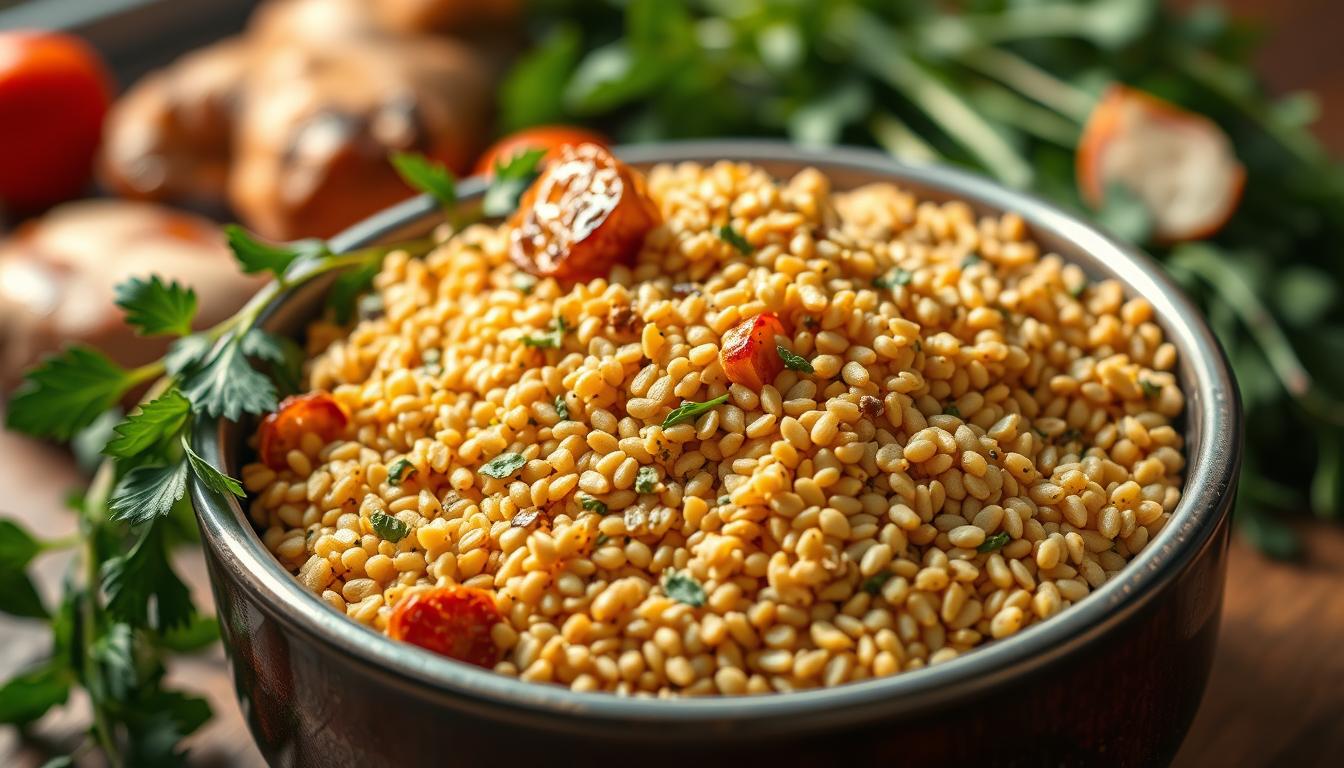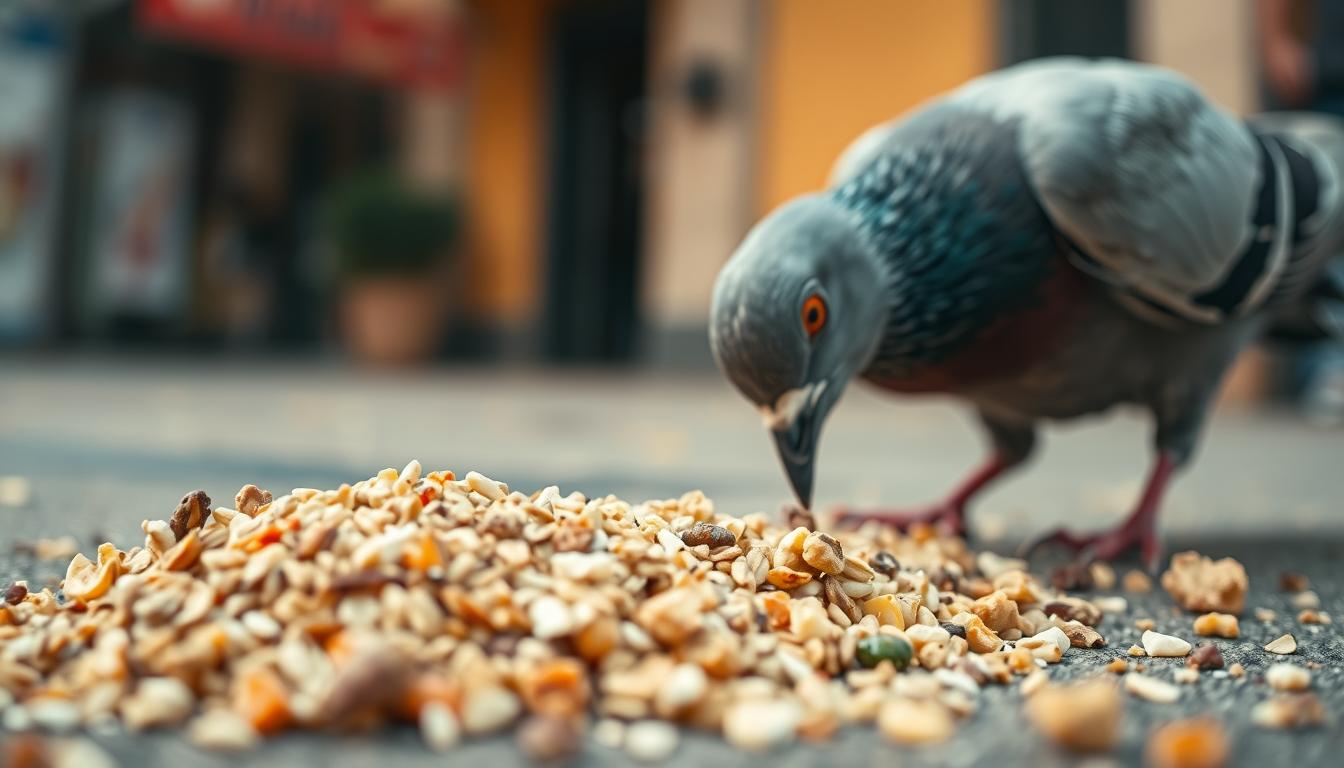Imagine this: you’re curled up on the couch for a cozy movie night, and your furry friend is right by your side. The irresistible smell of freshly popped popcorn fills the air, and your dog’s eager eyes are locked onto your bowl. It’s tempting to share a bite, but before you do, you might wonder—can dogs eat Skinny Pop popcorn safely?
While plain, air-popped popcorn can be a low-calorie treat for dogs in moderation, Skinny Pop is a different story. With added salt, oils, and other ingredients, this popular snack may pose unexpected health risks for your pup. What seems like a harmless treat could lead to digestive issues, excessive sodium intake, or other complications.
Though popcorn itself contains some fiber and minerals, it’s best to keep it plain and simple for dogs. Once seasonings, butter, or artificial flavors come into play, the risks outweigh the benefits. In this guide, we’ll explore the nutritional differences, potential dangers, and safer alternatives so you can make the best choice for your dog’s well-being.
Your pup’s health depends on smart dietary decisions, and even seemingly innocent snacks can have hidden risks. Stay with us as we break down everything you need to know about feeding your dog Skinny Pop popcorn!
Table of Contents
Understanding Plain vs. Flavored Popcorn
When it comes to sharing popcorn with your dog, it’s crucial to distinguish between plain, air-popped popcorn and its flavored counterparts. While plain popcorn can be a safe treat in moderation, flavored varieties often contain harmful additives that can pose serious health risks to your furry friend.
Nutritional Benefits of Plain, Air-Popped Popcorn
Plain popcorn is a whole grain that provides minimal nutritional benefits, including fiber and trace minerals like magnesium and zinc. However, these benefits are relatively insignificant compared to a balanced dog diet. While it can serve as an occasional snack, it shouldn’t replace your dog’s regular meals.
Ingredients and Additives to Avoid
Flavored popcorn often contains harmful additives such as salt, butter, and artificial flavors. These ingredients can lead to serious health issues, including upset stomachs and obesity. Additionally, unpopped kernels can pose a choking hazard, especially for smaller dogs, and may cause dental problems if lodged in their teeth.
Key Hazards to Watch For:
- Salt and oil can cause dehydration and pancreatitis.
- Unpopped kernels are choking hazards and can lead to digestive issues.
- Excessive treat consumption can contribute to obesity and related health problems.
Always check the ingredient list before sharing popcorn with your dog. Even seemingly harmless additives can be dangerous. Remember, while popcorn can be a snack option, it requires caution due to potential hazards like oil and salt.
can dogs eat skinny pop popcorn
When considering whether your furry friend can enjoy Skinny Pop popcorn, it’s important to understand what sets it apart from regular popcorn. Skinny Pop is often marketed as a healthier alternative with fewer additives, but this doesn’t necessarily make it safe for your dog.
While Skinny Pop may contain less salt and oil compared to other flavored popcorn, it still includes ingredients that could be harmful to your dog. The primary concerns remain the same: choking hazards from unpopped kernels and potential dental issues if kernels get stuck in your dog’s teeth.
Key Risks to Consider:
- Salt content, though lower, can still lead to dehydration.
- Unpopped kernels pose a choking hazard and can cause digestive problems.
- Additives, even in smaller amounts, can accumulate and cause health issues.
Every dog’s reaction to treats is unique, so consulting a veterinarian before introducing Skinny Pop is crucial. Even if the ingredients seem minimal, they can still affect your dog’s health. Moderation is key, and it’s always better to err on the side of caution to protect your pet.

Recognizing the Hidden Health Risks
While popcorn might seem like a harmless snack for your dog, it hides several health risks that every pet owner should be aware of. Even though plain popcorn can be safe in moderation, the dangers escalate with flavored varieties and certain additives.
Choking Hazards and Dental Concerns
One of the most immediate risks is the choking hazard posed by unpopped or partially popped kernels. These hard pieces can easily get lodged in your dog’s throat or teeth, leading to severe discomfort and potential dental issues. If a kernel gets stuck in a tooth, it can cause pain and may even lead to infections if left untreated.
Obesity and Pancreatitis from Unhealthy Additives
Flavored popcorn often contains high amounts of salt and butter, which can be detrimental to your dog’s health. Excessive salt consumption can lead to dehydration and, in severe cases, sodium poisoning. Butter and other oils add unnecessary calories, contributing to obesity and potentially triggering pancreatitis in dogs prone to this condition.
Key Risks to Consider:
- Salt can cause dehydration and electrolyte imbalances.
- Butter and oil contribute to calorie intake, leading to weight gain.
- Unpopped kernels pose a choking hazard and can damage teeth.
Consulting a veterinarian before sharing any popcorn with your dog is crucial. They can provide personalized advice based on your dog’s specific health conditions and dietary needs. Remember, even small amounts can add up, so moderation is key to keeping your furry friend safe and healthy.

Feeding Guidelines and Safe Preparation
Ensuring your dog enjoys treats safely is key to their well-being. When it comes to popcorn, a few simple rules can make all the difference.
Portion Control Based on Your Dog’s Size
Treats should make up no more than 10% of your dog’s daily calories. For small breeds, one or two pieces are enough. Medium-sized dogs can have a small handful, while larger breeds might enjoy a bit more, but always in moderation.
Techniques for Preparing Popcorn Safely
Stick to air-popped popcorn without butter or salt. Remove any unpopped kernels to avoid choking hazards. Portion out treats in advance to keep things controlled and balanced.
Key Tips to Remember:
- Always remove unpopped kernels to prevent choking.
- Introduce popcorn gradually to monitor for any signs of allergy.
- Consult your veterinarian before making any changes to your dog’s diet.
By following these guidelines, you can enjoy sharing this tasty treat with your furry friend while keeping them safe and healthy.
Alternatives for a Healthy Treat Experience
If you’re looking for a crunchy snack that’s safer for your furry friend, consider these dog-friendly alternatives to popcorn. These options provide the same satisfying crunch without the risks associated with flavored or buttery popcorn.
Crunchy, Dog-Friendly Snacks to Consider
Instead of popcorn, try these vet-recommended snacks:
- Carrot sticks and green beans – Low in calories and rich in fiber, these make great crunchy treats.
- Apple slices – A tasty and healthy option, as long as you remove the seeds and core.
- Unsalted rice cakes – A safe alternative that mimics the crunch of popcorn without the hazards.
These snacks are not only delicious but also promote a balanced diet. Unlike popcorn, they don’t pose choking hazards or add unnecessary calories. Always consult your veterinarian before introducing new treats to ensure they align with your dog’s dietary needs. By choosing these alternatives, you can keep your furry friend safe and happy while still enjoying treat time together.
Conclusion
In conclusion, while plain, air-popped popcorn can be a safe treat for your pet in small amounts, flavored varieties like Skinny Pop pose significant risks. The added ingredients, such as butter and salt, can lead to health issues like obesity and pancreatitis. Always opt for plain popcorn and remove any unpopped kernels to prevent choking hazards.
Before introducing any new food, including popcorn, consult your veterinarian. They can offer personalized advice based on your dog’s specific needs. Remember, treats should never make up more than 10% of your dog’s daily calorie intake.
For a safer snack option, consider alternatives like carrot sticks or green beans. These choices provide the crunch your dog loves without the risks. By making informed decisions, you can enjoy movie nights with your furry friend while keeping them healthy and happy.
FAQ
Is it safe for my dog to eat popcorn?
Plain, air-popped popcorn can be safe for your dog in small amounts. However, it’s important to avoid adding salt, butter, or oil, as these can be harmful to your dog’s health. Always monitor your dog to ensure they don’t choke on kernels.
What are the choking hazards associated with popcorn for dogs?
Whole kernels or large pieces of popcorn can pose a choking hazard, especially for small dogs. Additionally, kernels can get stuck in your dog’s teeth, leading to discomfort or dental issues. Always break popcorn into small, manageable pieces before offering it to your dog.
Can popcorn be part of a healthy diet for my dog?
While plain popcorn contains fiber, it should not replace your dog’s regular, balanced diet. Overconsumption can lead to weight gain and obesity, so moderation is key. Always consult your veterinarian before making changes to your dog’s diet.
How much popcorn is safe for my dog to eat?
The safe amount of popcorn for your dog depends on their size and weight. As a general rule, a small handful of plain, air-popped popcorn is acceptable as an occasional treat. Avoid giving your dog flavored or buttered popcorn, as these can be toxic.
What ingredients in popcorn are harmful to dogs?
Salt, butter, and oil are harmful to dogs and can lead to health issues like stomach problems or pancreatitis. Additionally, some flavored popcorn may contain toxic ingredients for dogs, so always stick to plain, air-popped popcorn.
Can popcorn cause obesity in dogs?
Yes, if given in large amounts or frequently, popcorn can contribute to obesity in dogs due to its calorie content. To prevent this, limit popcorn to small portions and ensure it doesn’t replace your dog’s regular meals.
Are there better snack options for my dog than popcorn?
Yes, there are healthier alternatives to popcorn for your dog. Consider crunchy, dog-friendly snacks like carrots, green beans, or specially formulated dog treats. These options are safer and provide more nutritional benefits.
When should I take my dog to the veterinarian if they eat popcorn?
If your dog experiences symptoms like vomiting, diarrhea, or difficulty breathing after eating popcorn, seek veterinary care immediately. These could be signs of an allergic reaction, choking, or other health issues.
Source Links
- 60% Of Food In America Is Ultra-Processed—Here’s What It Means For Your Health – https://www.aol.com/60-food-america-ultra-processed-140000772.html
- 13 Mistakes Everyone Makes When Storing Canned Foods – https://www.yahoo.com/lifestyle/13-mistakes-everyone-makes-storing-163048010.html
- Scott and Kim in the Morning – https://www.foreveryork.com/2025/02/28/scott-frogman-donato-and-kim-frogdashian-in-the-morning/
- Where to Eat at Citizens Bank Park, Home of the Phanatic (and the Phillies) – https://philly.eater.com/23659073/philly-citizens-bank-park-phillies-best-stadium-food-baseball-phanatic
- Can Dogs Eat Popcorn? What You Need to Know – https://noblevetclinic.com/blog/can-dogs-eat-popcorn-what-you-need-to-know
- 76 Super Bowl appetizers for a winning game day spread – https://www.today.com/food/super-bowl-appetizers-t276556
- Can Dogs Eat Popcorn? – https://www.pumpkin.care/blog/can-dogs-eat-popcorn/
- Can Dogs Eat Popcorn? – https://be.chewy.com/nutrition-pet-diet-tips-can-dogs-eat-popcorn/
- Can Your Cat Snack on Popcorn? – https://www.dailypaws.com/cats-kittens/cat-nutrition/what-can-cats-eat/can-cats-eat-popcorn
- I Lost 110 Pounds: Here Are the 19 Most Unhealthy Junk Foods I’ll Never Touch Again – https://bodynetwork.com/weight-loss-success-19-junk-foods-to-avoid/
- Asking For A Fur-Friend Blog – Dog Walking and Pet Sitting – Dog Walking/Pet Sitting/Dog Training – Naperville, Elmhurst, Villa Park Lombard, IL – https://www.thepetladyltd.com/blog
- What Happens When Dogs Eat Popcorn? Quick Facts! – https://dogsandcatsy.com/can-dogs-eat-popcorn/
- What Are the Best Gluten-Free Snacks for Kids? – https://www.verywellhealth.com/gluten-free-kids-snacks-5212189
- Popcorn Culture – https://redcircle.com/shows/popcorn-culture




